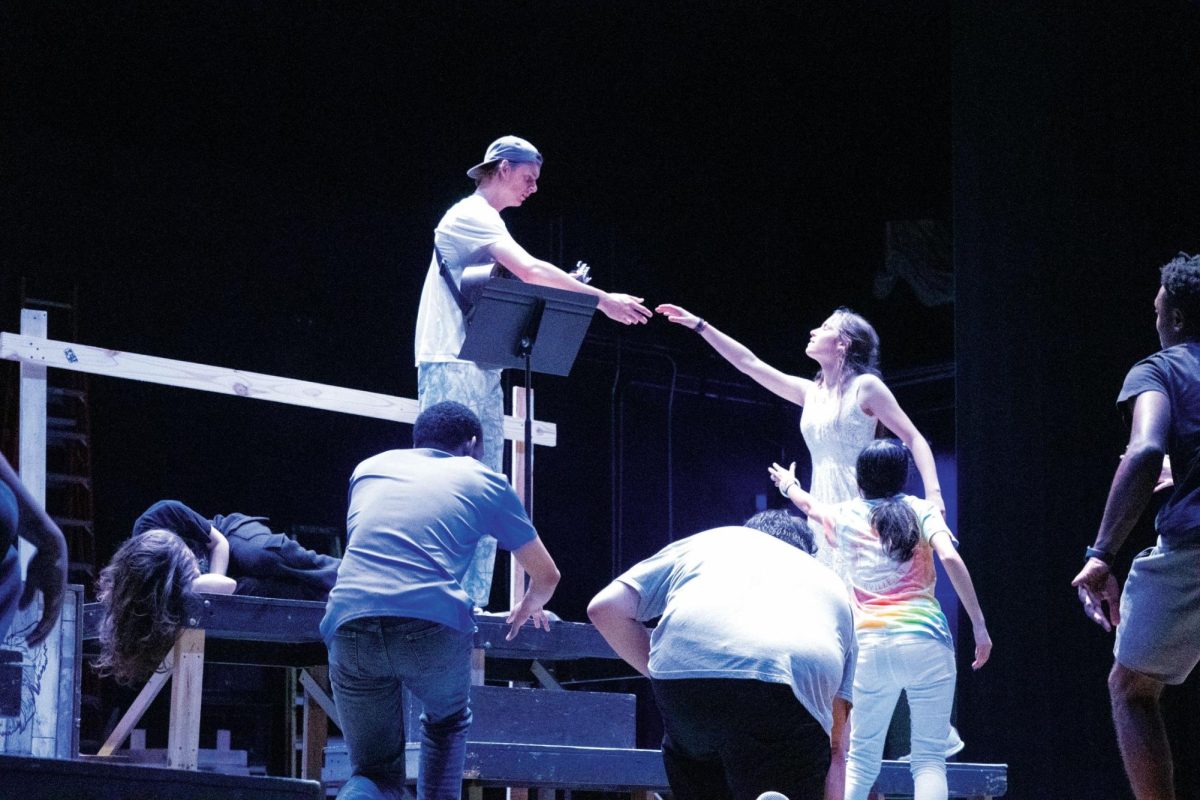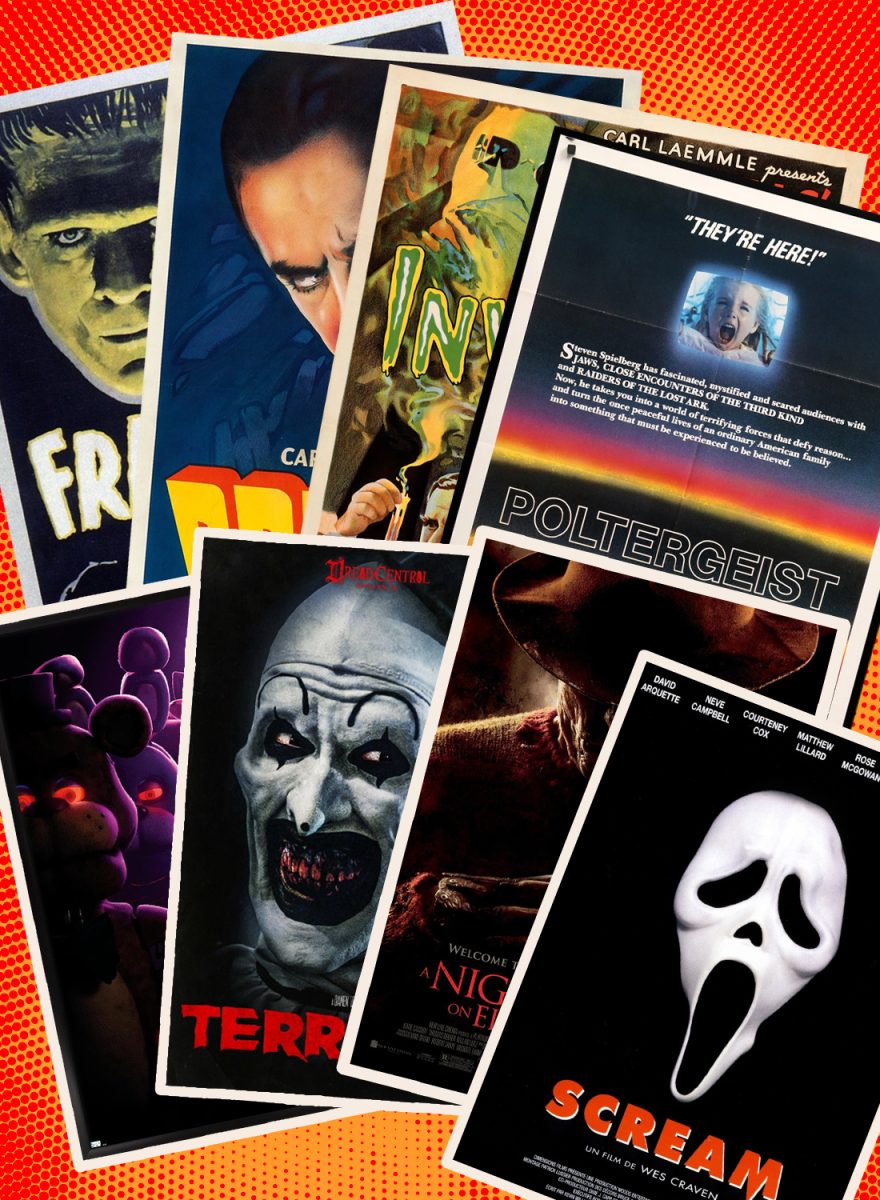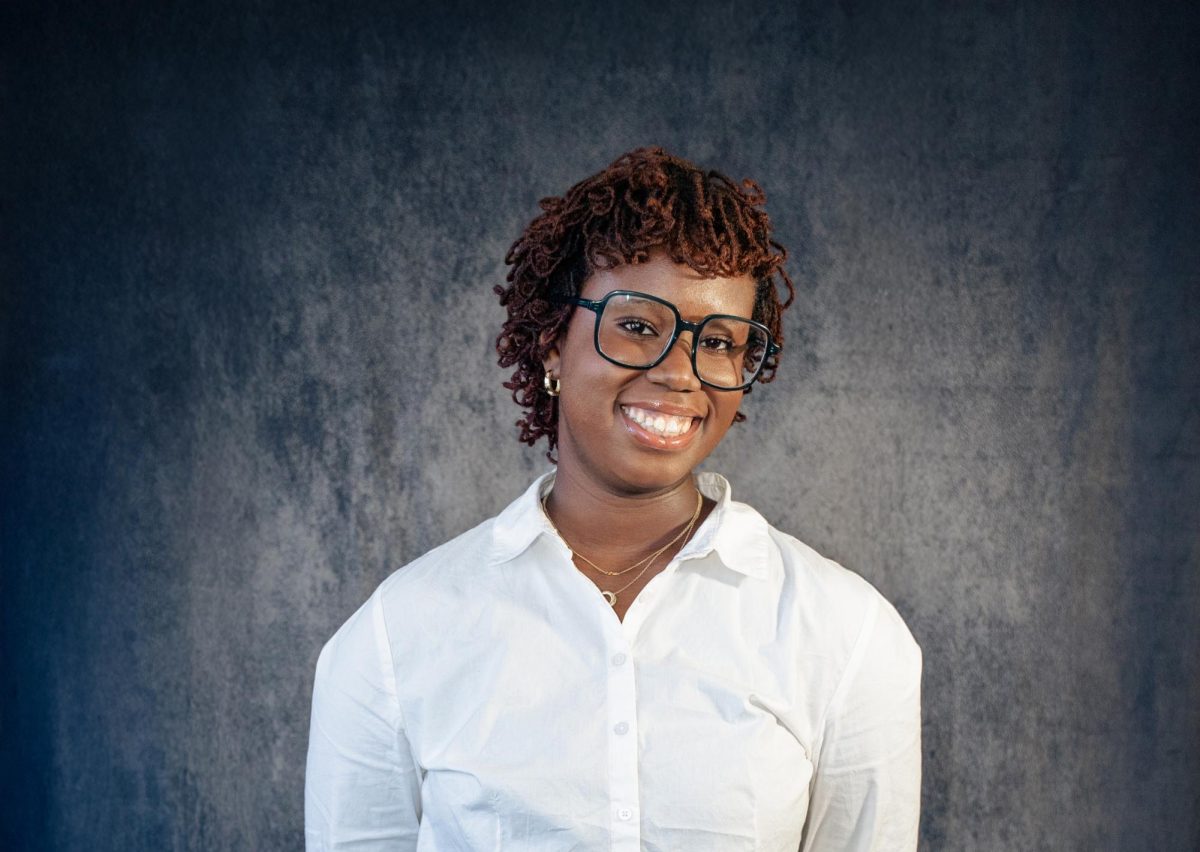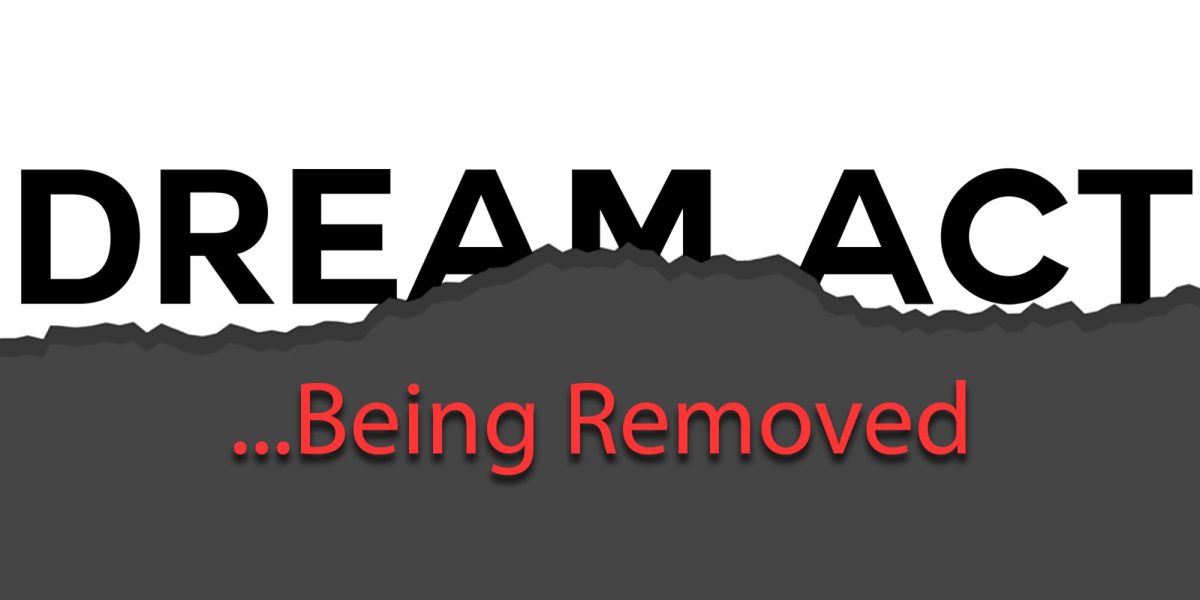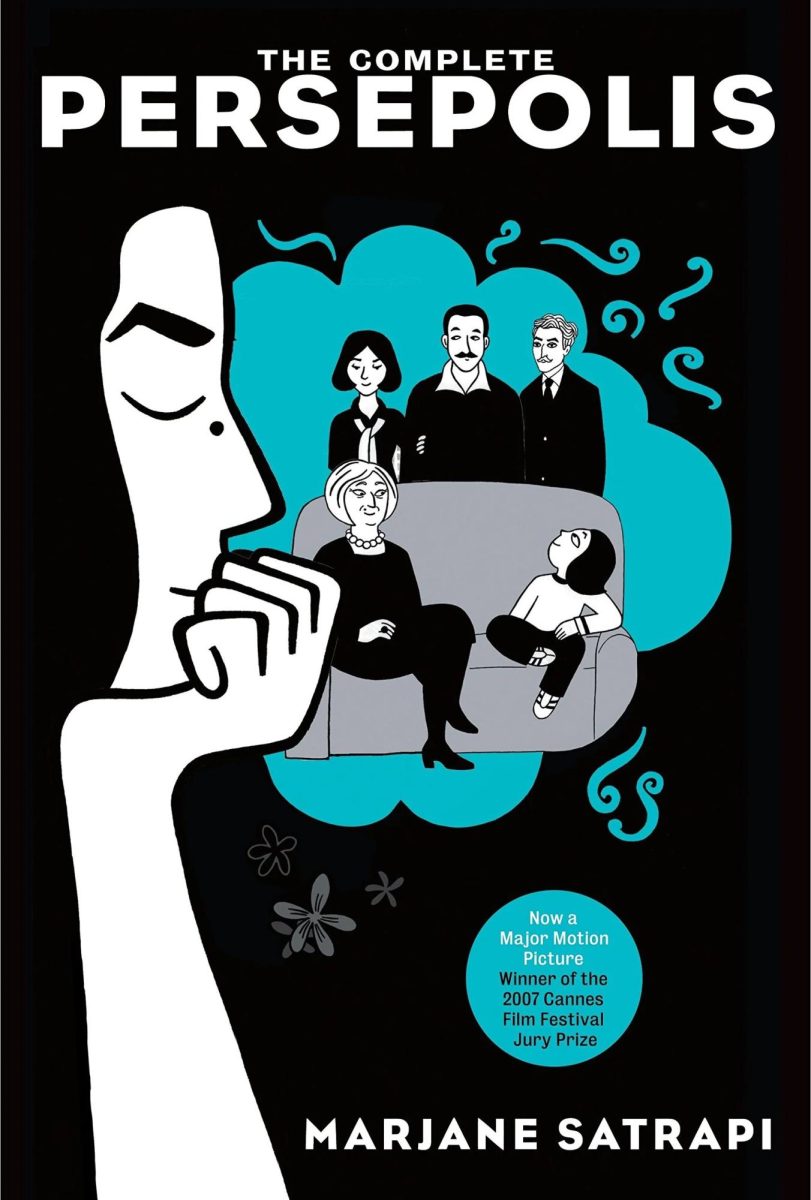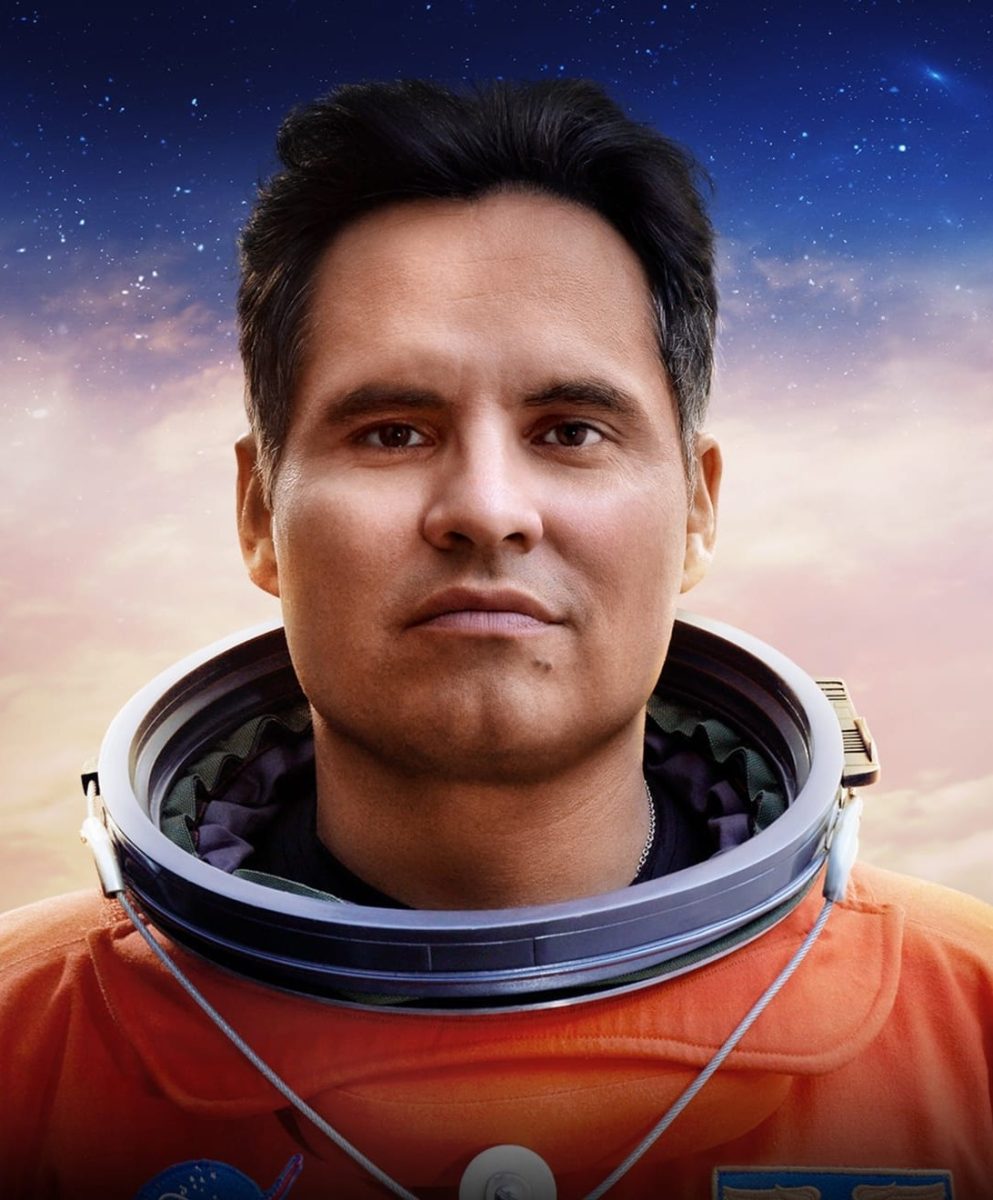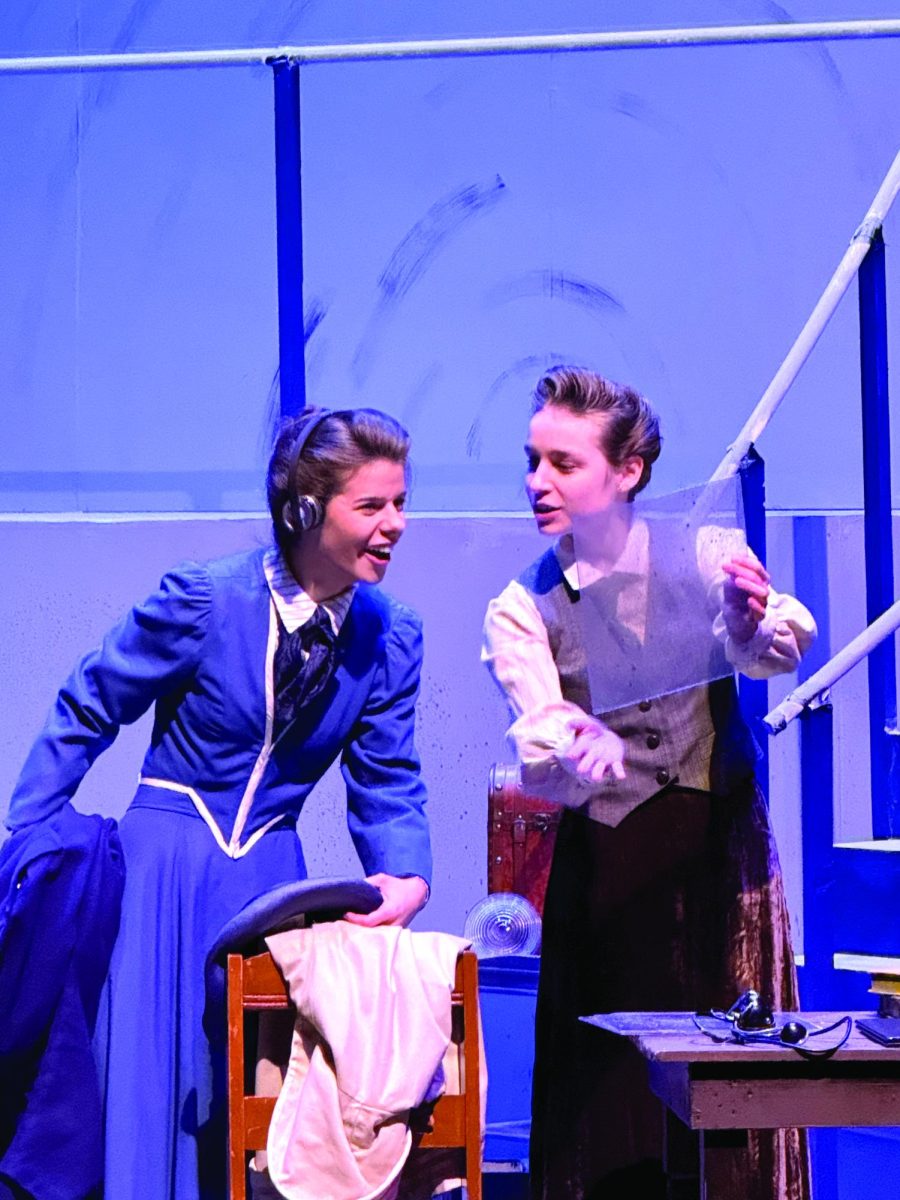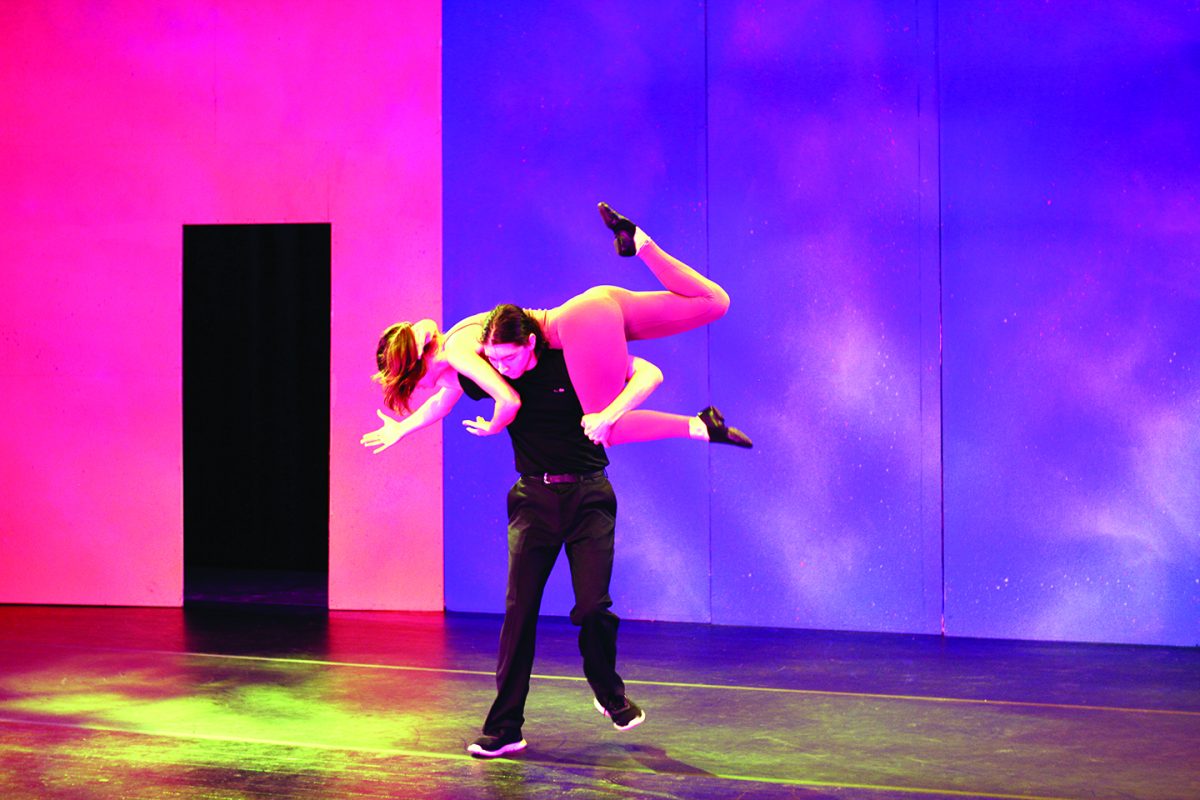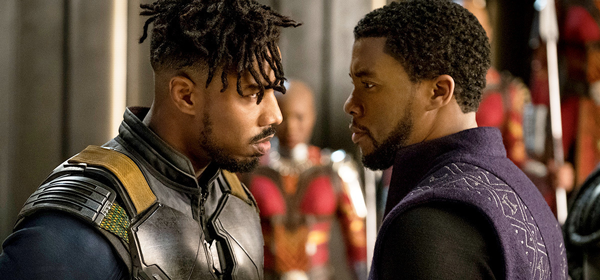
By DAVID SILVA
@DavidSilvaETC
Ryan Coogler’s “Black Panther” is worth the ticket price and then some.
It’s a fun film that knows its cultural importance and effortlessly maximizes its best traits.
It’s plagued with some of the typical Marvel shortcomings but nevertheless manages to be stylized and vibrant enough to strongly stand alone from the rest.
It’s a film that uses all its pieces, a killer soundtrack, an incredible cast and deep-rooted commentary, to create a film that further certifies the Marvel Cinematic Universe as the model of modern superhero films, one that now represent aspects of the black experience.
The cast
We knew this cast is loaded from the jump. Chadwick Boseman is perfect as T’Challa. His character is idealistic yet sober, humble of tradition yet full of youth, characteristics that are expected from a young king.
Although the established stars like Forest Whitaker, Angela Bassett, Lupita Nyong’o and Daniel Kaluuya shine in their roles, the newer players steal nearly every scene they’re in.
Letitia Wright as T’Challa’s 16-year-old sister Shuri stands out as being the funniest and most down-to-earth member of the royal family, and Winston Duke’s performance of the ruthless traditionalist M’Baku gives the initially one-dimensional role a lift towards the later part of the film.
The movie’s weakest performance comes from Michael B. Jordan as Erik “Killmonger” Stevens. As much as I tried to like his role, he just hams it up, with a delivery that doesn’t really match the urban but highly intelligent and highly resentful character. The script doesn’t help him either, as it seems to lie out each and every one of his thoughts without any human-like subtleties.
Marvel has a history of creating unconvincing, one-dimensional characters.
Yet Killmonger’s motivations are deeply personal, socially conscious and very calculated, and still they couldn’t pull off his delivery to its best degree. There are plenty of good moments from his performance, namely his fantastic final monologue. I just wished I had seen that throughout the entirety of the film.
The plot
The film’s action scenes range from serviceable to thrilling; with one in particular taking an unexpected turn that drives the rest of the film.
Without revealing too much, the main plot revolves largely around the role that the nation of Wakanda will play in the rest of the world.
The country, with its technology and resources, has multiple paths that it can take in this new globalized world. The film’s many subthemes find parallels to the real-world black experience, touching on slavery, colonization and the current condition of black communities, namely in the U.S.
It’s in these themes that “Black Panther” becomes much more than just a film.
It becomes a statement for unity, pride and the betterment of the future while exploring the best and worst of the past.
The lead characters of the film, T’Challa, Shuri and Nyong’o’s Nakia, are also immensely important to the cultural impact of this film. With all the talk of this being the first black-led Marvel film, and it being projected to be the most successful black superhero movie ever, it’s important to note what the leads stand for.
The three represent intelligent, levelheaded characters that do not sacrifice their identity, morality and culture no matter what the odds are and how muddy the good of the world may seem.
The film knows the responsibility it has and presents itself in a way that goes above just another superhero movie.
It’s an experience, backed by snippets of its already hugely successful soundtrack, that deserves multiple views.
My only hope now is that Marvel will give us more.
https://eastfieldnews.com/2018/02/14/rhythms-of-black-history-looking-at-the-black-experience-through-its-musical-influence/


